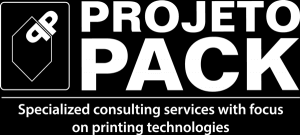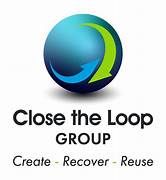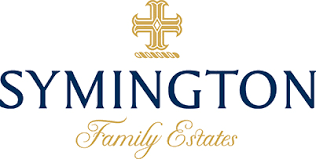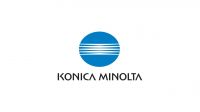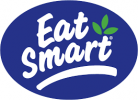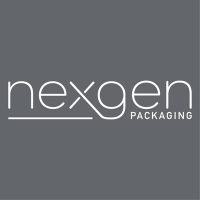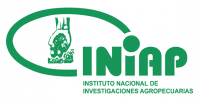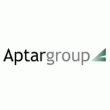QR codes simplify re-use of foodservice packaging in NYC restaurants | 15-01-2024 |
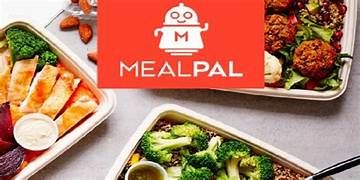
While the packaging industry and its customers still focus primarily on recycling, there has been a more interest and investment on reuse systems, many enabled by smart packaging technology. At the end of last year the USA-based subscription meal service company MealPal added option for reusable foodservice packaging, helping New York City (NYC) restaurants more easily adopt reuse system. A unique QR codes track each package’s journey, the data serveing as an inventory management tool.
While only a dozen or so US and Canadian companies offered reusable packaging – the majority for foodservice ware - another 200-plus startups have since come on line; still a small number but these models continue gaining traction , according to the report in Industry Intel.
But reuse is not simply a swap-out of packaging. Companies must make major systemic changes for these models to work. MealPal has joined the movement to catalyze reusable foodservice packaging and to help restaurants in the process. In NYC MealPal its off to a promising start. Consumers have ordered over 20,000 meals in reusable containers since the September 19 launch. That number climbs weekly, says Mary Biggins, co-founder and CEO of MealPal.
A QR code unique to each package tracks its journey from when the meal is picked up, to when the container is brought back, through to its arrival at the washing facility. The data records the number and frequency of returns, ultimately serving as an inventory management tool.
The company believes its existing infrastructure helps to simplify the return process. Customers can drop off used containers with at any participating restaurant—it doesn’t matter which one they picked up their order from. “It has to be easy for customers to return without adding friction to the process. Since they come into the restaurants often, it’s easy for the practice to become part of consumers’ behavior,” Biggins says.
Currently only MealPal subscribers can opt for reusables and only through a select number of restaurants in the network, but they hope to take the model further. “We can help push people toward reusable packaging within the MealPal ecosystem and potentially beyond. If someday restaurants we work with want to offer reusable packaging to customers who do not subscribe to MealPal the infrastructure will already exist,” Biggins says.
The company ran a beta survey to find out whether customers would order in reusable packaging and whether they would actually return the packaging. Many re-use schemes have failed because not enough consumers bought into the system and returned the used containers. So far more than 50% of meals are going out in reusable containers with a 95% return rate within one week.
With five uses a container’s CO² emissions drop below that of a compostable or conventional single-use alternative, according to the ‘Reuse Wins Report’ Biggins consulted. The packages are good for up to 1,000, according to the manufacturer. MealPal looks after collection and cleaning.
One of the participating restaurants, Just Salad is full of praise,“Our partnership with MealPal allows us to expand reusable packaging offerings into yet another sales channel. We were able to easily integrate MealPal's program into our operations. In addition, the efficient packaging inventory management makes implementation simple,” says Alex Harden, Just Salad's sustainability lead.
AWA and AIPIA Smart Labeling Chicago
AIPIA and AWA Smart Packaging World Congress Amsterdam
« News feed





